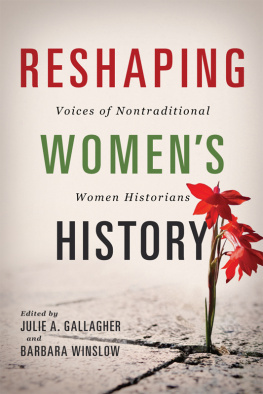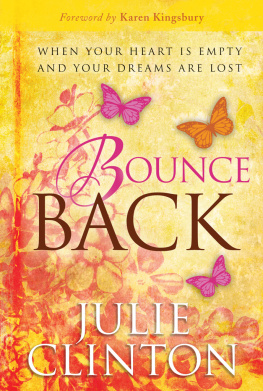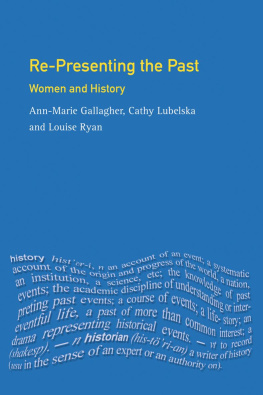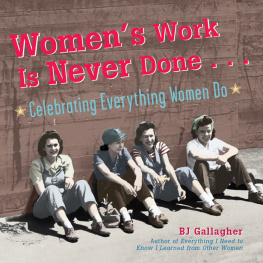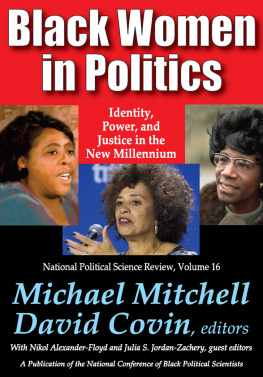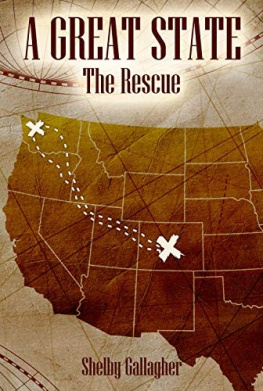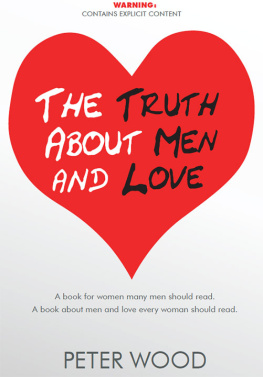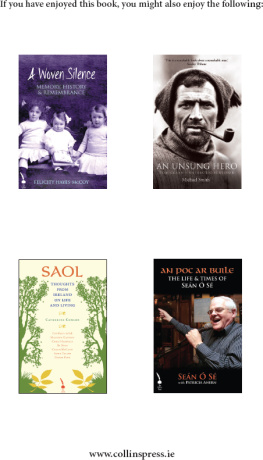Acknowledgments
The conclusion of a project long in the making, as this book was, offers a much-anticipated moment of rest and more than that, a chance to reflect on the journey that brought it about. I have been fortunate on so many fronts, and it is a pleasure to acknowledge the people who have helped me get to this point. I want to start with Laurie Matheson at University of Illinois Press who believed in this project from the first time we met. Not only did she wait patiently for me to finish it, but she also offered sage advice at critical moments, which made this process relatively painless. I am indebted as well to the two readers of the manuscript for their valuable feedback and enthusiasm for the book.
I want to recognize the centrality of the Antioch College community to this book as an intellectual and political project. Colleagues and friends, especially Jean Gregorek, Marianne Whelchel, Suparna Bhaskaran, Chris Hill, Anne Bolin, and Iveta Jusov, demonstrated a commitment to learning and to justice that routinely inspired me to dig deeper, think harder, and see the world and ideas in broader and more complex ways. Two of my former Antioch students, Amy Campbell and Michaella Rey, were especially excited about my book, but that did not keep them from asking me challenging questions. I thank all of them, as well as many others on the faculty and staff, for their support and friendship throughout my years there.
Penn State Brandywine offered further opportunities, especially invaluable course release time and research support. The warm welcome I received made my transition easy, and I am particularly indebted to Phyllis Cole, Steve Cimbala, and Arnold Markley, a friend and accomplished colleague whose time on earth was cut tragically short by illness. Students in my upper-level history seminars made going to work a true delight. Their excitement, sincere interest, and at times distress about what we grappled with as we waded deep into the social and political history of the twentieth century reminded me why this work really does matter. Librarians Susan Ware, Sara Whilden, and Mary Fran McLaughlin always made sure I had every resource I needed to do my work, and they were extremely supportive along the way.
The origins of this book are rooted in my graduate studies at the University of Massachusetts. To the extent that I hit the high bar of scholarly rigor, it is because I learned from such dedicated intellectuals, including Kathy Peiss, Kevin Boyle, Manisha Sinha, Carl Nightingale, David Glassberg, Joyce Berkman, Bruce Laurie and Joye Bowman. I benefit still from the wisdom and generosity of my friends and colleagues from UMass, including Marian Mollin, Julia Sandy-Bailey, Jacqueline Castledine, and Richard Gassan.
I have presented aspects of this book at numerous conferences over the years. I learned very much from co-panelists and appreciated their questions, suggestions, and encouragement of my work. These include Prudence Cumberbatch, Stephanie Evans, Tiffany Gill, Stephanie Gilmore, Melanie Gustafson, Susan Hartmann, Erik McDuffie, Michele Mitchell, Premilla Nadasen, Mark Naison, Elisabeth Israels Perry, Barbara Ransby, and Barbara Savage. Along the way I met a handful of special people through the Coordinating Council for Women in History (CCWH) who became not just mentors but also friends, particularly Eileen Boris, Lisa DiCaprio, Katie Parkin, and Jen Scanlon. I have learned many life lessons from them but especially how much a supportive word can mean when you are deep in the tunnel of work and the light at the end is not yet in sight. Jen is not only a dear friend but at a critical juncture she carefully read the book manuscript and gave me much appreciated feedback. Barbara Winslows support of my work on Shirley Chisholm has been tremendous. Not only that, she has taught me a great deal about feminist activism, social justice, and Brooklyn politics. One person deserves special mention: I am deeply indebted to Kathleen Laughlin, whom I was lucky to meet when she was a fellow at the Five College Womens Studies Research Center at Mount Holyoke and I was in the midst of writing my dissertation. She supported my growth as a person and a scholar in so many ways, and I cannot thank her enough.
In an age when the Internet and social media deliver information with the tap of a finger, we can too easily forget how vital archives, archivists, and librarians are to the production of new knowledge. I want to thank especially the archivists at the Schomburg Center for Research in Black Culture, the Schlesinger Library, Rutgers University Special Collections, the John F. Kennedy Presidential Library, the Moorland-Spingarn Research Center, and the Brooklyn Public Library. As I searched for photos to include in the book, I found Charles Wash, a gem of an archivist at the National Afro-American Museum and Cultural Center in Wilberforce, Ohio. I would also like to acknowledge the numerous individuals who generously shared their memories of New York Citys political life with me, including Andy Cooper, Jocelyn Cooper, Joan Maynard, Constance Rose, and Jeanne Noble.
Maintaining balance in life, especially while writing a book, is not always easy. To the extent that I have, I owe much to cherished friends, including Virginia Oran-Sabia, Anthony Sabia, Christine Corriston, Kristin Long, and Lee Evans. Many of them are activists who have dedicated their lives to making the world a fairer, more just place. Our conversations often leave me thinking for days about new ideas or rethinking old ones. But they also know how to find humor in life and remind me of the healing power of a good laugh. Time spent in their company is always restorative.
I was privileged to grow up in a family where I was encouraged to seize every opportunity and take chances, not only to study and work hard, but also to seek a path that brings happiness and has meaning, and to live each day fully. My mother was always my biggest cheerleader, and to this day, all I have done has been profoundly influenced by her love. My father has spent more than half a century involved in civic life, and he has modeled, through his extraordinary dedication, how important it is to be engaged in the communities we live in. After all these years, the values that my parents instilled in us have remained the bedrock upon which my five siblings and I engage the world. I am continuously humbled and inspired by the ways my brother and sisters have passionately pursued their paths in life. I have not only learned from them, but I have been enriched by their love, dedication, and in various ways, support of this book.


 This book is printed on acid-free paper.
This book is printed on acid-free paper.
